Donald Trump’s new ban on travel to the US by citizens of a dozen countries, mainly in Africa and the Middle East, went into effect at 12am ET on Monday, more than eight years after Trump’s first travel ban sparked chaos, confusion, and months of legal battles.
The new proclamation, which Trump signed last week, “fully” restricts the nationals of Afghanistan, Myanmar, Chad, Republic of the Congo, Equatorial Guinea, Eritrea, Haiti, Iran, Libya, Somalia, Sudan and Yemen from entering the US. The entry of nationals of Burundi, Cuba, Laos, Sierra Leone, Togo, Turkmenistan and Venezuela will be partially restricted.
Unlike Trump’s first travel ban in 2017, which initially targeted citizens of seven Muslim-majority countries and was criticized as an unconstitutional “Muslim ban”, the new ban is broader, and legal experts said they expect it to withstand legal challenges.
The announcement of the new travel ban was greeted with less outrage and protest than his initial 2017 ban. On Monday, the new ban appeared to be overshadowed by Trump’s other immigration battles, including furious protests in Los Angeles over Trump’s deportation raids, which were followed by Trump deploying the national guard to the city despite the opposition of California’s governor.
The newly instituted ban notably includes citizens of Haiti, a majority Christian country. Haitians in the US were demonized by Trump during his presidential campaign, with the president spreading the baseless conspiracy theory that Haitian immigrants in Ohio were eating people’s pets.
It also imposes heightened travel restrictions on citizens of Venezuela, who have been targeted repeatedly by the White House in recent months, as the Trump administration’s sudden deportation of Venezuelans in the US to a notorious prison in El Salvador sparked a massive legal battle.
The ban is also expected to have a disproportionate effect on African countries, with some citizens of targeted countries worrying about being cut off from opportunities for education, professional development, and networking.
Mikhail Nyamweya, a political and foreign affairs analyst, previously told the Guardian that the new travel bans and restrictions would “bring about a pattern of exclusion” and “may also institutionalise a perception of Africans as outsiders in the global order”.
“This policy is not about national security – it is about sowing division and vilifying communities that are seeking safety and opportunity in the United States,” Abby Maxman, president of Oxfam America, a nonprofit international relief organization, said.
While five of the countries on the new ban list are not majority-Muslim, including Republic of the Congo, Myanmar, Eritrea and Equatorial Guinea, as well as Haiti, the list does target citizens of non-white countries in the developing world, fueling criticisms that the ban is fundamentally racist and shaped by “bigotry”.
Trump’s first travel ban, in 2017, was widely criticized as a fulfillment of Trump’s campaign pledge to institute “a total and complete shutdown of Muslims entering the United States”. The Trump administration later added citizens of other non-Muslim countries to the banned list.
The new ban does not revoke visas previously issued to people from countries on the list, according to guidance issued Friday to all US diplomatic missions. However, unless an applicant meets narrow criteria for an exemption to the ban, his or her application will be rejected starting Monday. Travelers with previously issued visas should still be able to enter the US even after the ban takes effect.
In a video posted Wednesday on social media, Trump said nationals of countries included in the ban pose “terrorism-related” and “public-safety” risks, as well as risks of overstaying their visas. He also said some of these countries had “deficient” screening and vetting or have historically refused to take back their citizens.
Trump also tied the new ban to a recent attack in Boulder, Colorado that wounded a dozen people, saying it underscored the dangers posed by some visitors who overstay visas. US officials say the alleged perpetrator overstayed a tourist visa. The man charged in the attack is from Egypt, a country that is not on Trump’s restricted list.
The Associated Press contributed reporting

 German (DE)
German (DE)  English (US)
English (US)  Spanish (ES)
Spanish (ES)  French (FR)
French (FR)  Hindi (IN)
Hindi (IN)  Italian (IT)
Italian (IT)  Russian (RU)
Russian (RU)  4 hours ago
4 hours ago








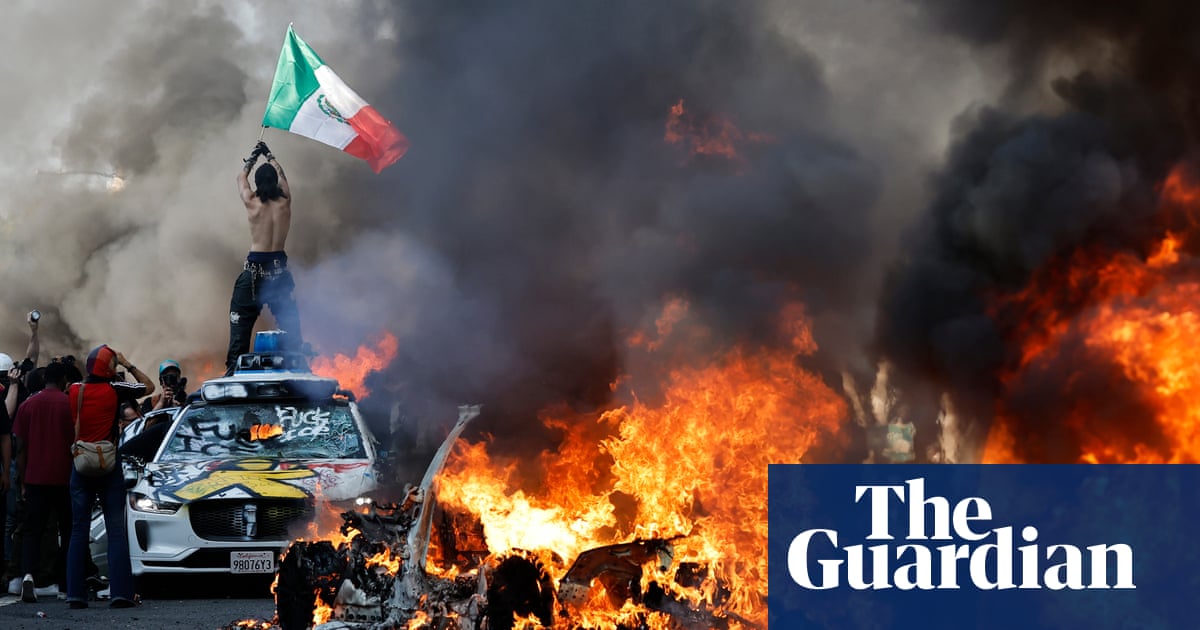


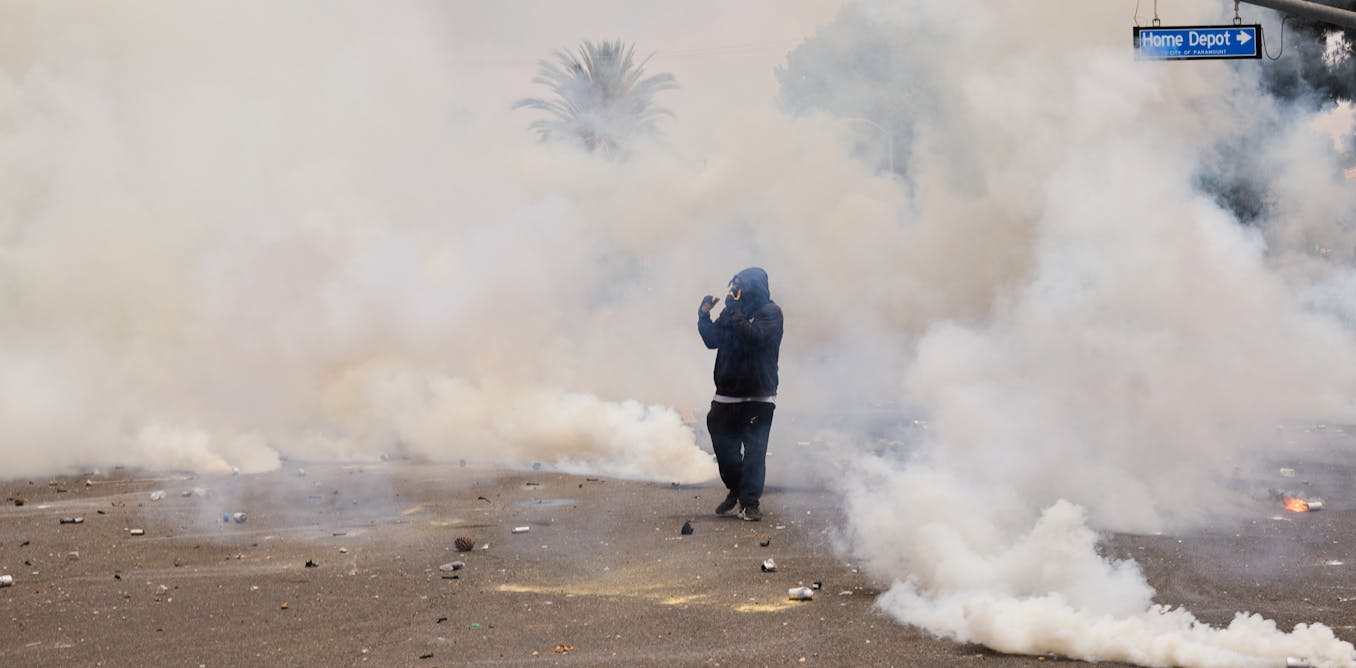

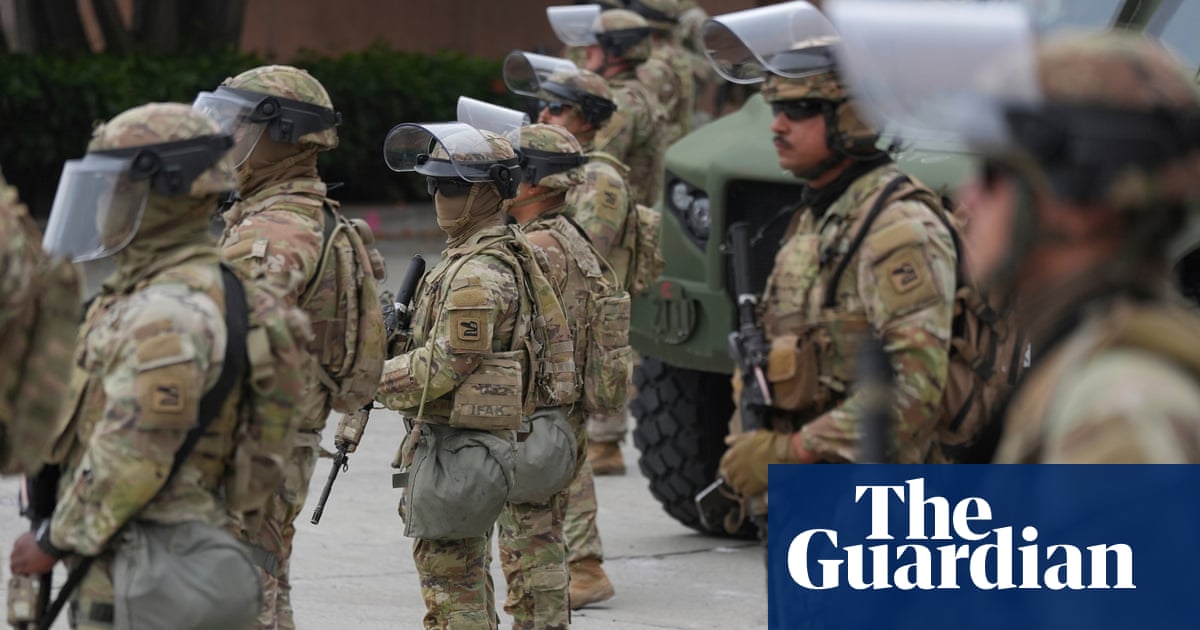


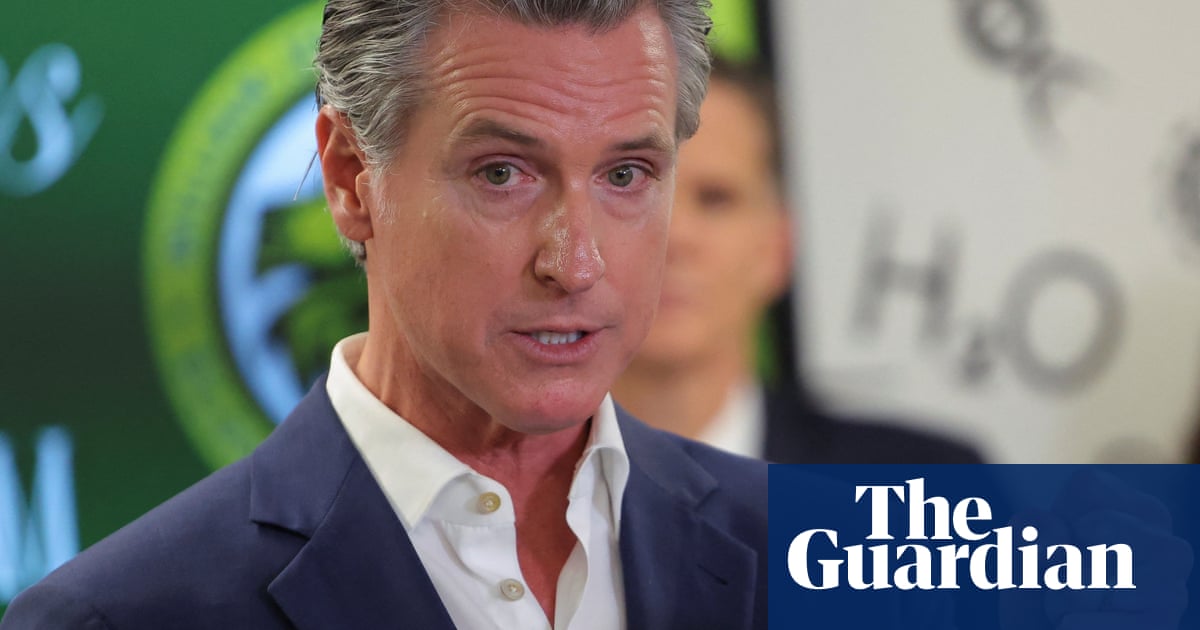



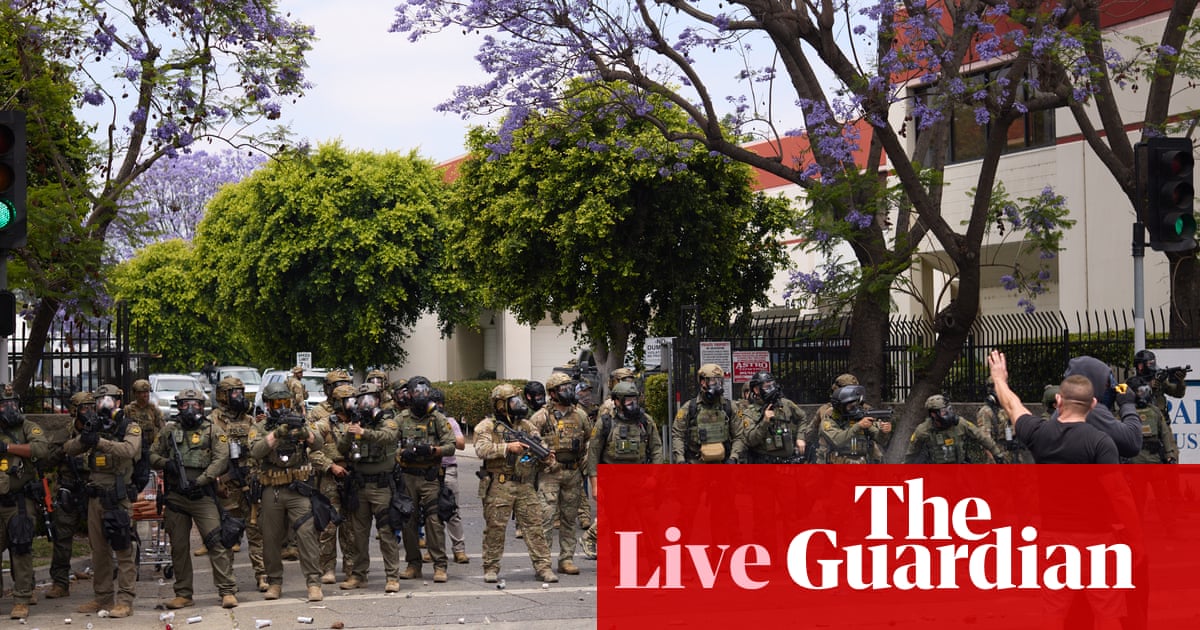


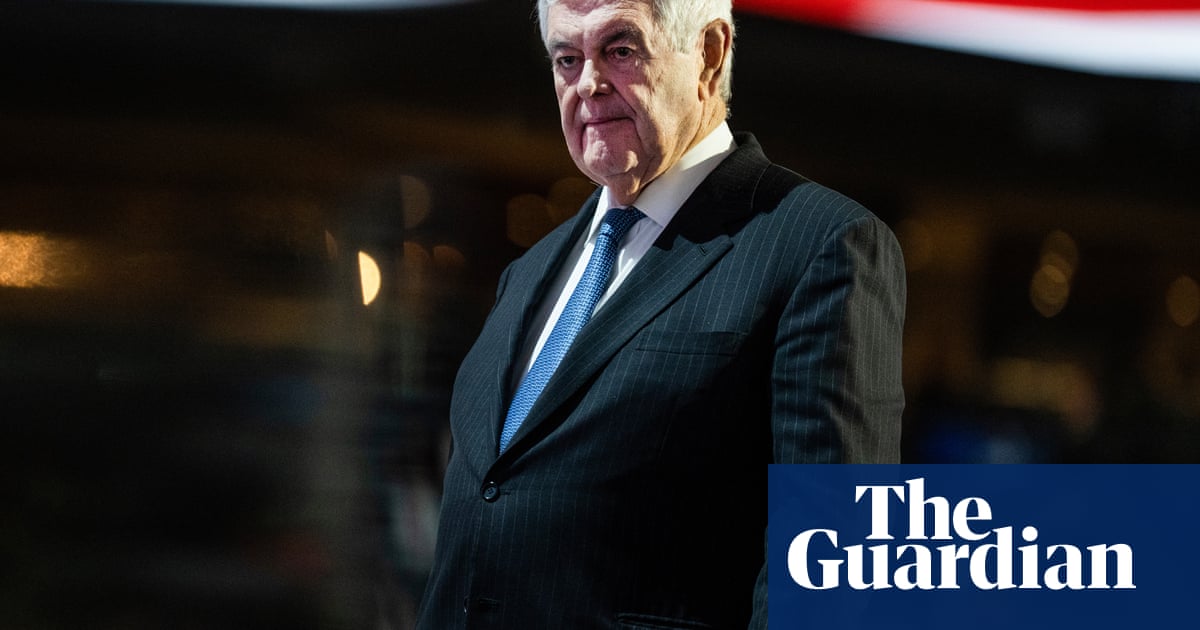
Comments